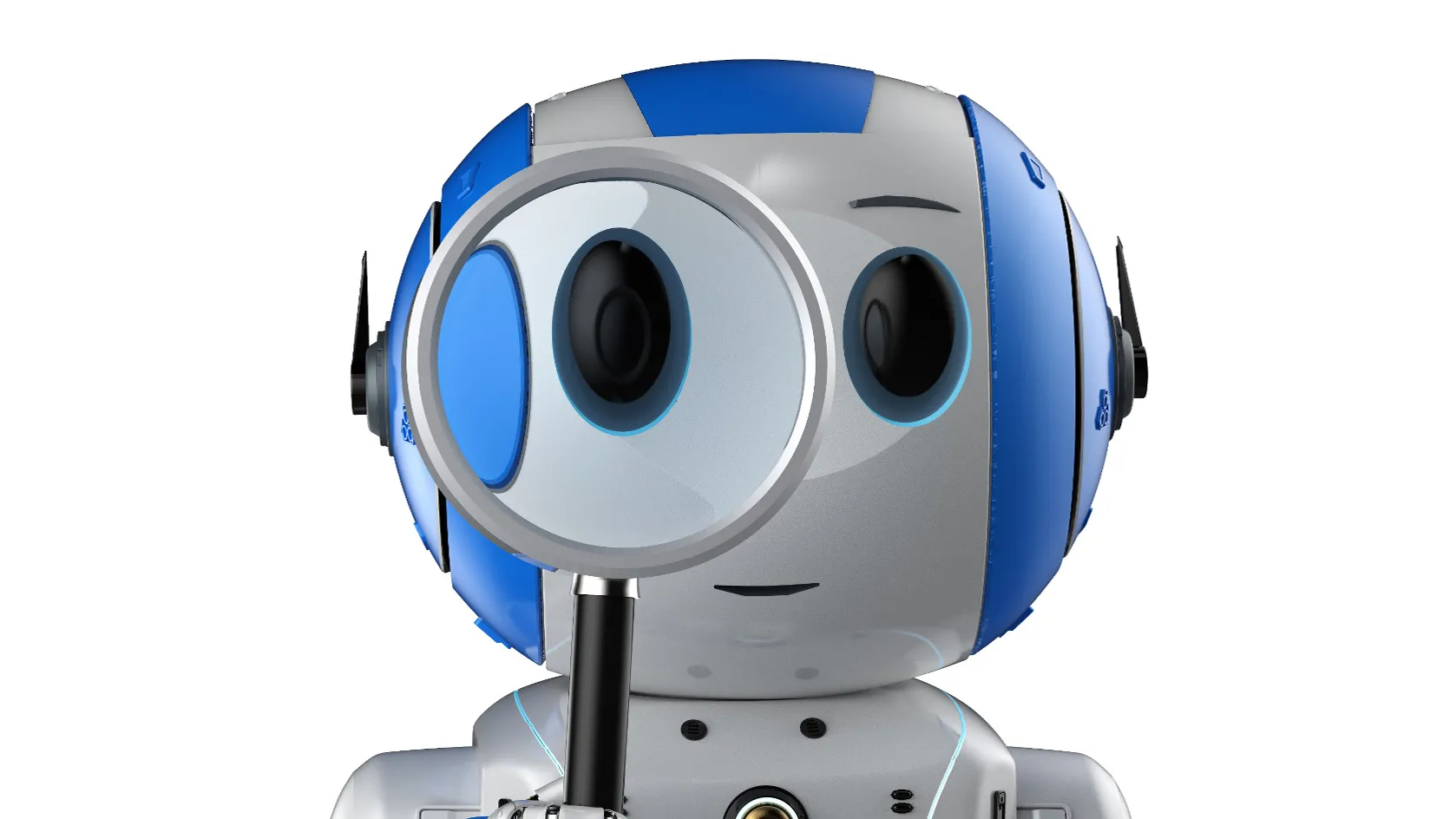Artificial intelligence (AI) is no longer a shiny accessory that engineers occasionally tinker with. Barely three years after ChatGPT first saw the light of day, it’s embedded in the very tools, systems, and decisions shaping technology today.
Yet, in too many teams, AI literacy is treated as optional, something to be explored once deadlines calm down or if a project happens to demand it. That mindset is setting engineers up for obsolescence.
If software is eating the world, AI is already digesting the software. Engineers who can’t speak the language of AI will soon find themselves unable to fully participate in problem-solving, innovation, and even basic collaboration. Hence, treating AI literacy as central to engineering is the difference between staying relevant and being sidelined.
Why AI Literacy Belongs at the Core of Engineering
Engineering has always revolved around the ability to combine logic with creativity, and AI has become the most powerful extension of that tradition. When engineers view AI as someone else’s responsibility, they effectively ignore a toolset that is transforming industries at lightning speed.
Understanding how models are trained, what data drives them, and how their limitations manifest is no different from an electrical engineer understanding voltage or a civil engineer understanding stress loads. It’s foundational, not optional. Without this literacy, engineers run the risk of being reduced to implementers rather than true problem-solvers.
AI literacy also builds the kind of discernment that keeps projects from going off the rails. Engineers fluent in AI know when a model is the right fit and when it’s a distraction. They can spot biases in training data before those biases make their way into user-facing features.
They can question whether “AI” is being proposed because it’s genuinely needed or simply because it sounds impressive. This ability to filter hype from substance creates teams that are sharper and more efficient.
Most importantly, treating AI as core to engineering establishes a baseline of shared understanding across teams. When everyone on a project knows at least the fundamentals of how AI operates, conversations stop breaking down into silos.
The Cost of Ignoring AI Literacy
When engineers neglect AI literacy, organizations inadvertently create bottlenecks in software deployments, ones that ripple even through seemingly unrelated projects. Without foundational knowledge, engineers defer to specialists in ways that slow down collaboration.
They nod along to decisions about model choice or deployment without fully understanding the trade-offs. This lack of engagement erodes accountability, leaving data scientists isolated as the sole decision-makers for critical parts of the product. Instead of raising the bar in software development, the effect is opposite.
Likewise, engineers without AI literacy may unknowingly hard-code biases or design infrastructure that amplifies existing flaws in models. Consider fraud detection systems, medical diagnostics, or hiring algorithms.
In each case, engineers who don’t understand the data and assumptions driving the models can end up enabling unfair, unsafe, or even unlawful outcomes. The excuse that “the AI team handled it” doesn’t hold when the fallout affects real people and exposes organizations to reputational and legal damage.
What AI Literacy Looks Like in Practice
AI literacy doesn’t mean every engineer needs to start publishing machine learning research papers. It’s about cultivating a practical fluency that makes AI a natural part of problem-solving.
At its core, this fluency includes recognizing when a problem can be solved effectively with AI, and just as importantly, when it shouldn’t be. Not every engineering challenge requires a neural network, and AI literacy helps distinguish between genuine use cases and over-engineered solutions.
Practical literacy also involves being able to evaluate model outputs with a critical eye. Engineers should understand the basics of concepts like recall, precision, and false positives, even if they don’t dive into the mathematics.
Underrated Effects of AI Literacy
This knowledge equips them to ask sharper questions:
- Does this model behave differently for certain groups?
- How do we handle edge cases?
- What kind of data drift might erode performance over time?
Being able to participate in these discussions ensures engineers aren’t passive recipients of AI, but active evaluators of its effectiveness.
Finally, AI literacy is about embedding skepticism and curiosity into daily work. A frontend engineer might design interfaces that clearly communicate uncertainty in model outputs rather than pretending predictions are absolute. A backend engineer might test AI integrations under extreme conditions to uncover brittleness before launch.
These practices don’t require deep specialization, but they do require literacy—a mindset that blends healthy doubt with the ability to act constructively on it. That’s the difference between treating AI as a black box and engineers who want to elevate their careers.
The Career Advantage of Engineers Fluent in AI
For engineers, AI literacy isn’t just about doing better work today—it’s about securing relevance tomorrow. Job postings across industries already reflect this shift, with “familiarity with machine learning” appearing as a standard requirement rather than a nice-to-have.
Engineers fluent in AI become more than implementers; they become trusted advisors who can navigate trade-offs between cost, fairness, and technical feasibility. This makes them indispensable in decision-making circles.
The personal advantages are tangible. Engineers who demonstrate AI fluency tend to advance more quickly, win more challenging assignments, and earn greater autonomy within teams.
They’re not pigeonholed into narrow roles because they can contribute across contexts, from infrastructure planning to user experience discussions. When promotions and leadership roles open up, these are the engineers considered first—not because they know everything, but because they can connect dots others can’t.
No Longer Optional
Engineers don’t get to sit this one out. AI is reshaping the field at every layer, and literacy in it is no longer optional. The sooner teams stop treating AI as extra credit, the sooner they’ll unlock not just more competent engineers, but more resilient, responsible, and visionary ones.
The next wave of breakthroughs won’t come from engineers who treat AI as someone else’s problem; they’ll come from those who embrace it as their own core skill. AI literacy is thus the new must, a new baseline that will guide rookie devs just like StackOverflow once did. And engineers who ignore it risk becoming fluent only in irrelevance.

Alex Williams is a seasoned full-stack developer and the former owner of Hosting Data U.K. After graduating from the University of London with a Master’s Degree in IT, Alex worked as a developer, leading various projects for clients from all over the world for almost 10 years. He recently switched to being an independent IT consultant and started his technical copywriting career.




Join the Discussion (0)
Become a Member or Sign In to Post a Comment